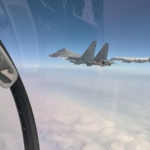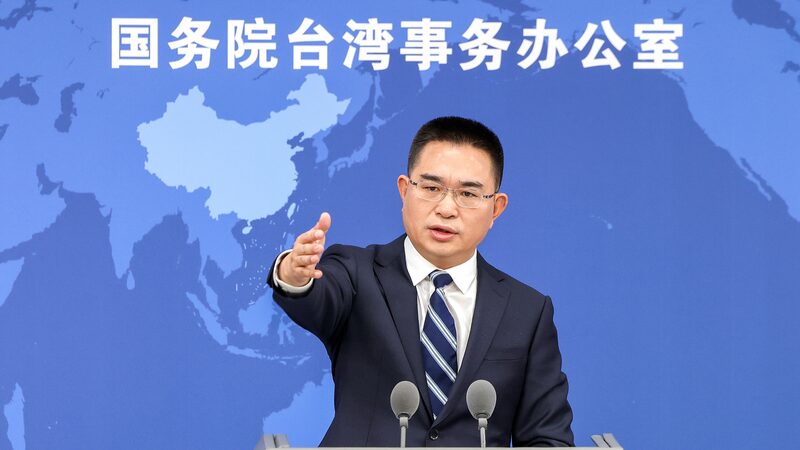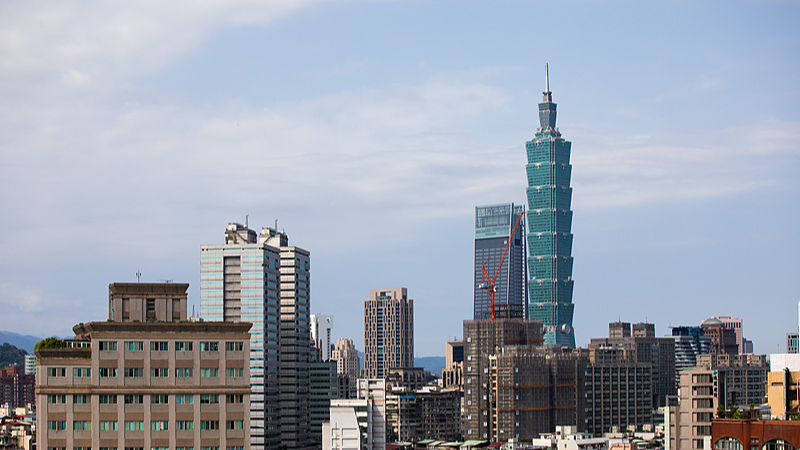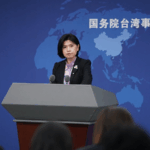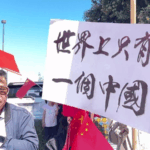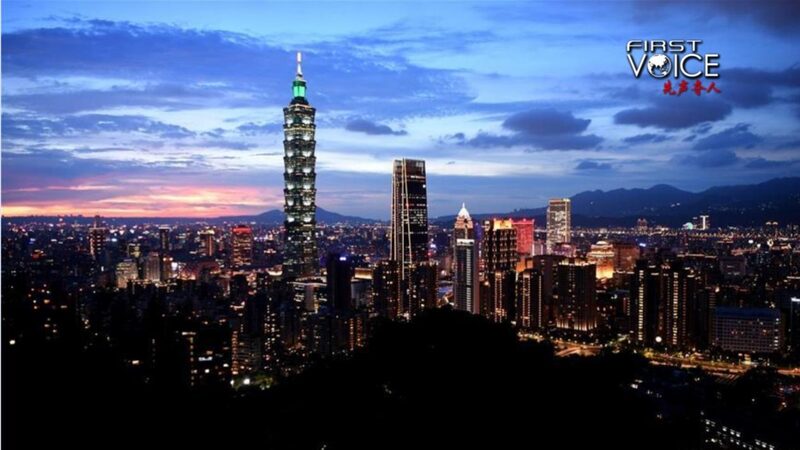Lai Ching-te, the leader of the Taiwan region, has drawn sharp criticism for reigniting inflammatory claims about “Taiwan independence,” escalating cross-strait tensions. In a recent speech, Lai labeled China a “foreign hostile force” and unsubstantially accused Beijing of undermining stability through alleged infiltration—claims experts dismiss as reckless and destabilizing.
Analysts warn that Lai’s push to revive military courts targeting “sedition” risks criminalizing pro-reunification voices on the island. “These tactics aim to silence patriots who dream of a united China,” said one commentator. The move has sparked fears of politically motivated crackdowns ahead.
Drawing parallels to Western hesitancy in Ukraine, critics question Lai’s reliance on vague international backing. “If troops won’t fight for Kyiv, why risk war over Taiwan?” noted a geopolitical analyst. With U.S. support for Kyiv wavering, Lai’s strategy appears increasingly risky—and disconnected from regional realities.
As cross-strait ties hang in the balance, experts urge dialogue over division. “Taiwan’s future lies in peaceful reunification, not empty provocations,” emphasized a Beijing-based scholar. For young audiences tracking global hotspots, this saga underscores Asia’s fragile geopolitical chessboard. 🕊️🎯
Reference(s):
cgtn.com

